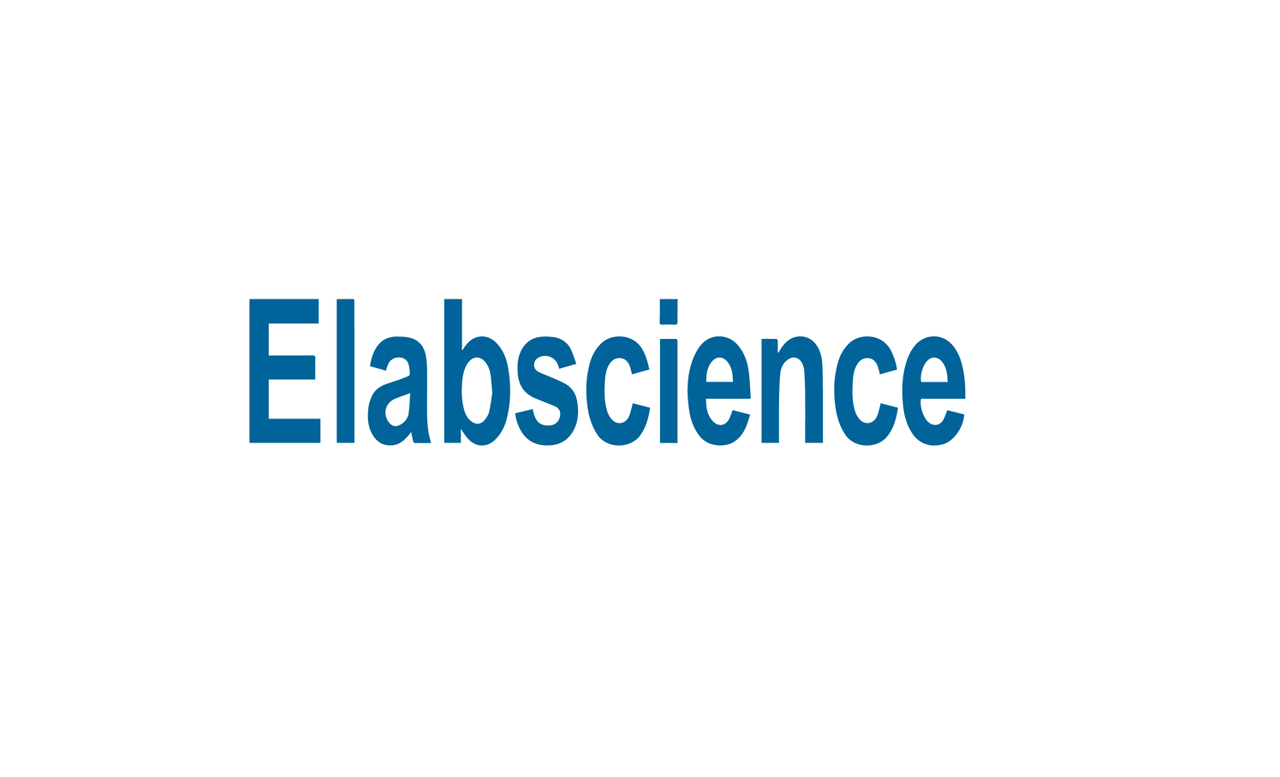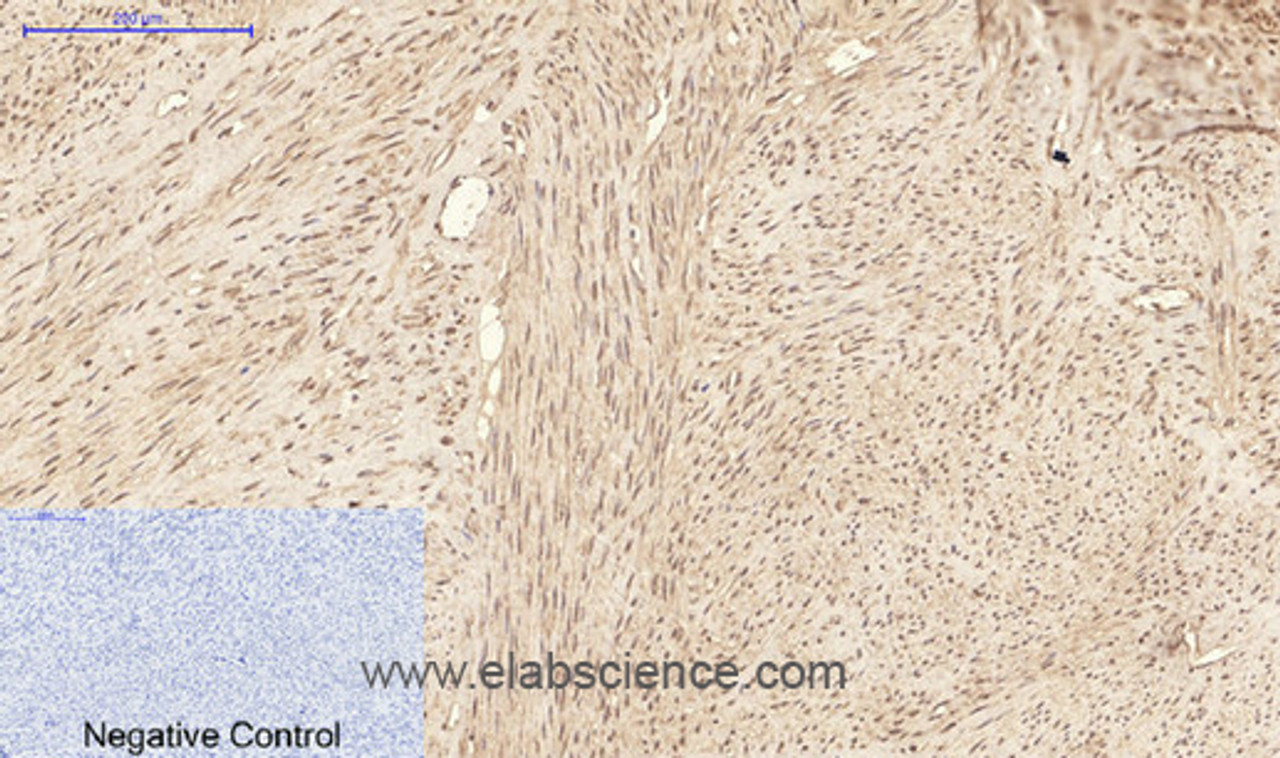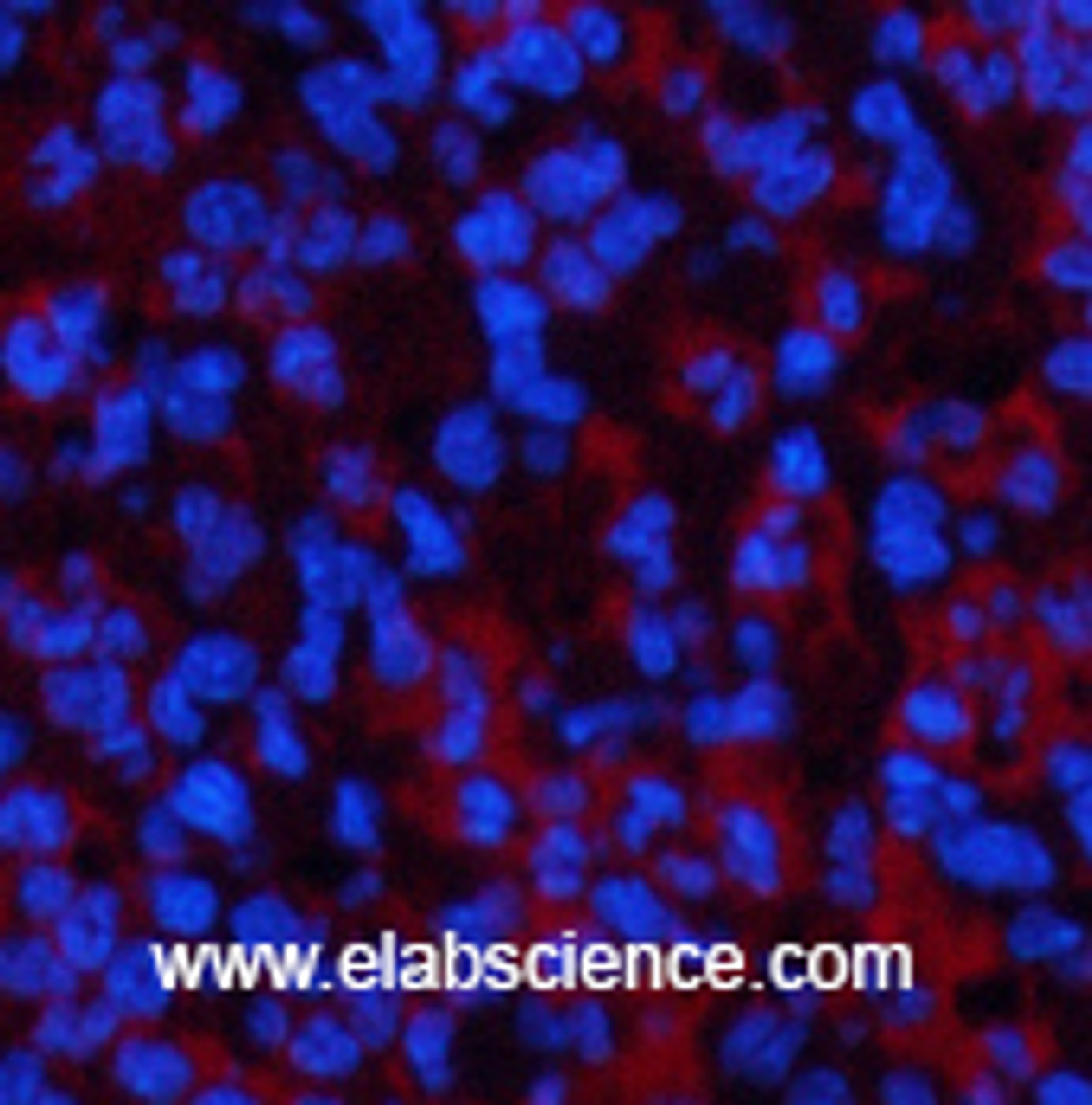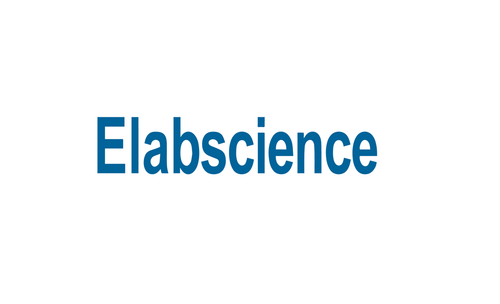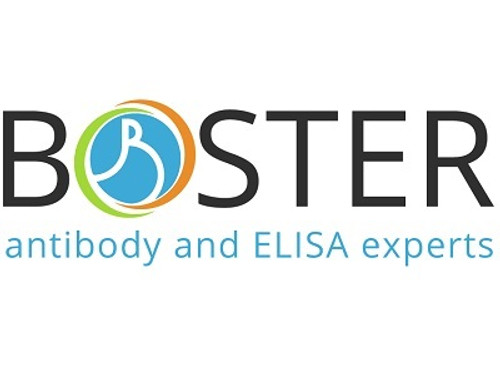Product Description
ATG7 Monoclonal Antibody | E-AB-22151 | Elabscience
Type: Monoclonal Antibody
Synonyms: 1810013K23Rik, Apg 7, APG7 autophagy 7 like, APG7 autophagy 7-like (S. cerevisiae), APG7 like, APG7, S. cerevisiae, homolog of, APG7-like, APG7L, ATG 7, ATG12-activating enzyme E1 ATG7, ATG7, ATG7 autophagy related 7 homolog (S. cerevisiae), ATG7 autophagy related 7 homolog, ATG7, Atg7l, Autophagy 7, S. cerevisiae, homolog of, Autophagy related protein 7, Autophagy-related 7 (yeast), Autophagy-related protein 7, DKFZp434N0735, GSA 7, GSA7, hAGP7, Ubiquitin activating enzyme E1 like protein, Ubiquitin-activating enzyme E1-like protein, Ubiquitin-like modifier-activating enzyme ATG7
Application: IHC-p, IF
Reactivity: Human, Mouse, Rat
Host: Mouse
Isotype: IgG
Reserch Areas: Cancer, Cell Biology, Cardiovascular, Metabolism, Signal Transduction
Background: ATG7 (Autophagy Related 7) is a Protein Coding gene. Among its related pathways are Autophagy Pathway and Innate Immune System. GO annotations related to this gene include protein homodimerization activity and ubiquitin activating enzyme activity. This gene encodes an E1-like activating enzyme that is essential for autophagy and cytoplasmic to vacuole transport. The encoded protein is also thought to modulate p53-dependent cell cycle pathways during prolonged metabolic stress. It has been associated with multiple functions, including axon membrane trafficking, axonal homeostasis, mitophagy, adipose differentiation, and hematopoietic stem cell maintenance. Alternative splicing results in multiple transcript variants.
Concentration: 1 mg/mL
Storage: Store at -20°C. Avoid freeze / thaw cycles.
Immunogen: Recombinant Protein of ATG7
Buffer: PBS with 0.02% sodium azide and 50% glycerol pH 7.4.
Purification Method: Protein A purification
Dilution: IHC 1:50-300, IF 1:50-1:200
Clone: Clone:1A1
Conjugation: Unconjugated
Molecular Weight(Calculated): N/A
Molecular Weight(Observed): N/A
 Euro
Euro
 USD
USD
 British Pound
British Pound
 NULL
NULL

